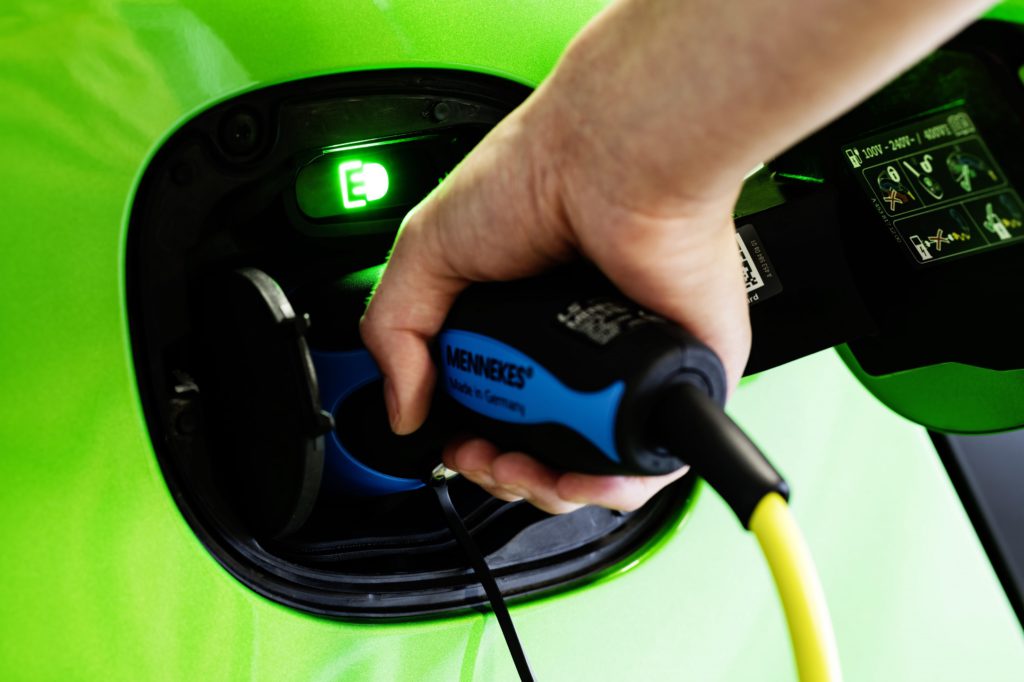Germany leads EV technology race but Europe falls behind
04 December 2019

4 December 2019
Germany has taken the lead from France on electric-vehicle technology in a comparison of the seven major automotive nations.
The country now ranks third overall, behind China and the US. The market share of electric vehicles has grown significantly in all of the countries surveyed; in China, the proportion of electric and hybrid vehicles passed the 5% mark for the first time in the first half of 2019.
These are the findings of the latest issue of the E-Mobility Index from Roland Berger and fka.
′The market outlook continues to be positive, but electric vehicles are less profitable for OEMs than conventional vehicles,’ says Wolfgang Bernhart, partner at Roland Berger. ′Automakers could increase their profitability levels with new battery-as-a-service models.’
Low cells
China continues to occupy pole position in battery-cell production, with the study findings suggesting that the country will likely pull even further ahead.
′No other nation plans to increase their domestic cell production on such a level,’ says Alexander Busse, senior consultant at fka. ′Chinese production of battery cells is expected to increase by more than 1,000% in the years 2017 to 2022 compared to the period 2016 to 2021.’
However, European nations risk being left behind in the battery-production market. Besides China, the USA, South Korea and Japan are also ahead. European companies currently play only a minor role in the battery value chain and have no presence at all in cell production.
In order to gain a foothold in battery production long term, substantial investments and a profound understanding of the technology will be necessary. European cooperation may present a solution, according to the report. Currently, CATL, Webasto and Northvolt are looking to build battery production facilities in Europe to help the industry move forward while reducing the potential for manufacturing bottlenecks.
Profits struggle
Besides being behind on cell production, European OEMs also have a profitability problem, the report finds. The losses incurred in the switch to electric drives could be diminished through greater cost efficiency, but profitability would still struggle.
This has been evidenced recently, with Audi and Daimler announcing a series of job cuts to move investment into electric vehicles. With strict European CO2 emissions targets looming, the pressure to develop the technology quickly, which will help reduce fleet CO2 averages, is high.
The report also suggests that the revenue gap could be closed in the future by new business models focusing on battery-as-a-service (BaaS).
Some providers are already offering a battery-in-the-cloud service for managing and monitoring the battery life of electric vehicles. It enables the recording of real-time data on charging speed, charging cycles and ambient temperature, among other things. With this information as a basis, recommendations can then be made regarding driving style or necessary maintenance checks.